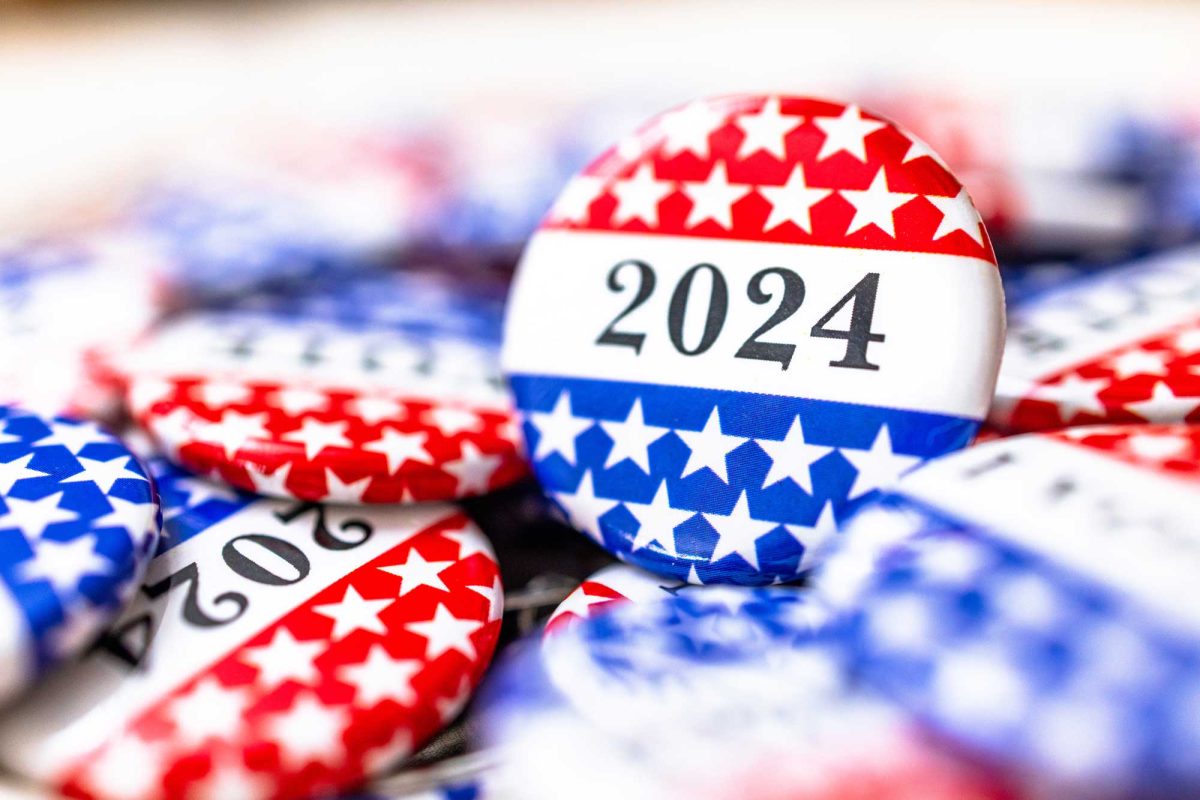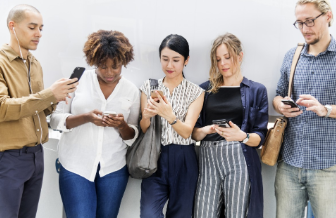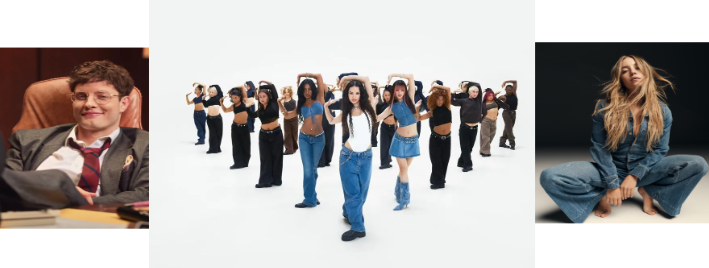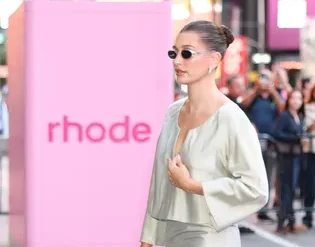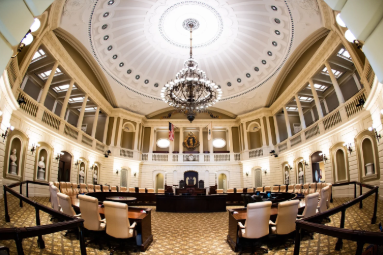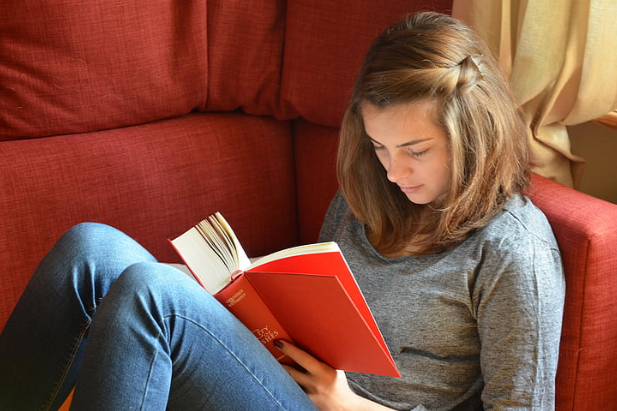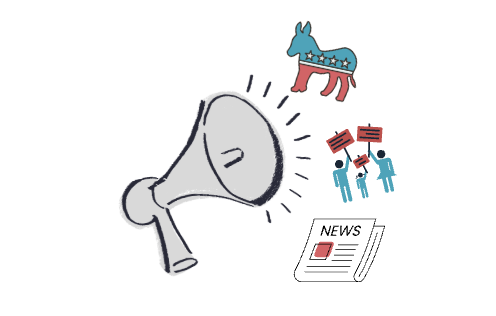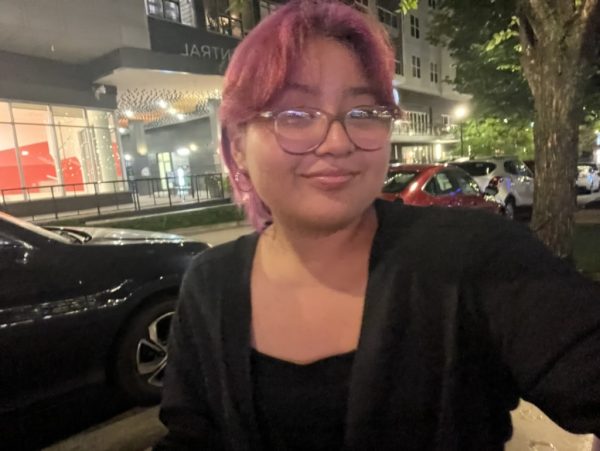As the 2024 presidential election approaches, the main focus goes into candidates but also the new voter demographic, Gen-Z. It is no surprise that Gen-Z has interest in political advocacy. TakeElise Joshi, a 21-year-old climate change activist who interrupted the White House Press Secretary during a Voters of Tomorrow summit, to ask why the Biden administration has continued to support actions that harm the environment; Gen-Z has also been advocating for a ceasefire in the ongoing Israel-Hamas war through the use of social media platforms, boycotts, and civil protests to enhance their voice. With Gen-Z’s political and social justice interest, some question the value of voting.
So, why are some opting out of the presidential election? Jake Wilkens, a Junior at Millbrook High School, is choosing to not vote in the upcoming presidential election, identifying as an independent. Wilkens believes the current known candidates, Donald Trump and Joe Biden, do not represent the values and beliefs for the current generation. Wilkens said,“I dont think it’s a point of if we need Democrat or Republican, I think we need younger people in office…I’m not gonna see my values and my points of views in these 85-year-old grandpas with great grandchildren.”
Wilken further comments on both Trump and Biden’s age by stating that the two candidates were actually alive during segregation, highlighting the age difference between the candidates and the voter base coming of age. It is no surprise that age is a deciding factor. Especially for politics. It’s a common debate topic set in humanities and English classrooms, and for good reason. Will the older generation truly see these topics with care and perspective for the people and future whilst putting their own bias aside? This is not seen in just elections, but most recently the overturned Roe V. Wade. A majority of the people argued, why are we letting older men decide the future of biologically female reproductive rights?
Is age the only factor? Age is just one of the factors to opt out, but what is most concerning for some Gen Z’ers is Biden’s current term and Trump’s previous presidential term. Regarding Trump’s candidacy, Wilkens argues that “Trump is probably the worst president we’ve had because he’s one of the best businessmen of all time,” referring to one of Trump’s known accomplishments, corporate tax cuts. Alongside Wilkens’ argument was Trump’s friendship and association with Jeffrey Epstein, a controversial financier, convicted sex offender, and with charges of conspiracy to engage in a sex trafficking.
Wilkens also comments on Biden’s participation regarding the ongoing Israel-Hamas conflict, “Biden has not called for any action in Palestine at all. He hasn’t said anything, in fact he’s funded Israel, despite them honestly not needing it in the first place.” Reflecting on the Biden administration he believes, “Joe Biden has done nothing besides create traffic for Cookout–referring to Biden’s visit to Raleigh, NC.– there’s nothing that he’s really done in office.”
Though some Americans might argue against this statement, disputing that Biden is the better option between two evils, there are people who believe there is no choosing between two evils.
So, what are the reasons cited by Gen Z’ers still voting? Junior Skyler Williams and Senior Jared Dunn at Millbrook High School, believe that choosing the lesser of two evils is subjective and not the case in elections, which is why they will be voting. Both identify as Democrats and have a strong belief in third parties and independents.
When asking Williams and Dunn if they believe in the statement “picking the lesser of two evils,” Williams reply was, “People can call it the lesser of two evils. I don’t necessarily agree with either of them –Trump and Biden– but there’s a point where you kinda have to choose, and of course there’s other people on the ballot.” Dunn’s response was, “In my eyes, yes, but evil is portrayed in many ways by other people.”
Williams explains that there are never two people on the ballot. There are multiple opportunities to choose an independent candidate that better aligns with your values, so are you really choosing the lesser evil? Williams personally believes in the death penalty, often supported by Republicans, however they also support LGBTQ+ marriage laws, a more Democratic belief. Finding an independent candidate is ideal for situations like this where there is no “right” person who exactly matches your values.
But is an independent the right choice? Wilkens argues that Independents do not win. They are often unmemorable and if you ask people who the independents were for 2020 or 2016 “no one will be able to tell you.” Thus, the unlikeliness of getting them to office is both “throwing your vote away” and “pointless.” Some point out that voting for these candidates would be more productive if elections were decided through popularity percentages or ranked choice voting, however, that is not how our voting system works where the winner takes all in the electoral college.
Though Dunn and Williams support independents, Dunn’s approach to solving our voting issues would be to fix our electoral system, recalling the moment he first learned about the electoral college system as baffling. Williams points out the issues of the campaign itself, saying“Campaigns and advertisements [cost] a lot of money so you already have to be at a wealthy standpoint to start your elections…because of that you’re going to have people who are well known in the wealthier upper class who will most likely be wanting things for themselves.”
Finally, is opting out of the election wasting your vote? Dunn agrees that it is a waste for people to not vote. Especially for groups of people who recently got the right to vote like African Americans and women. Williams believes that people should vote regardless of whether or not you want to; voting is essential to democracy. Dunn comments, “I’d still vote because I feel like it’s right to…I think you choosing not to vote isn’t on us –people who are voting– it’s on you. And even though we might say we might be disappointed, we don’t know what the outcome could have been with your vote.”
Presidential elections are by far one of the most integral moments in American society, providing an insight to what people believe in and how they choose to execute and express their beliefs. As the election unravels and candidates make their way to the top, take into account the candidate’s values and beliefs. One of the principles of democracy is “power of the people,” often being represented through voting. Choosing to not vote can be seen as a disrespect and threat to democracy but the choice of opting out of voting, is a statement demonstrating the power of the people.


